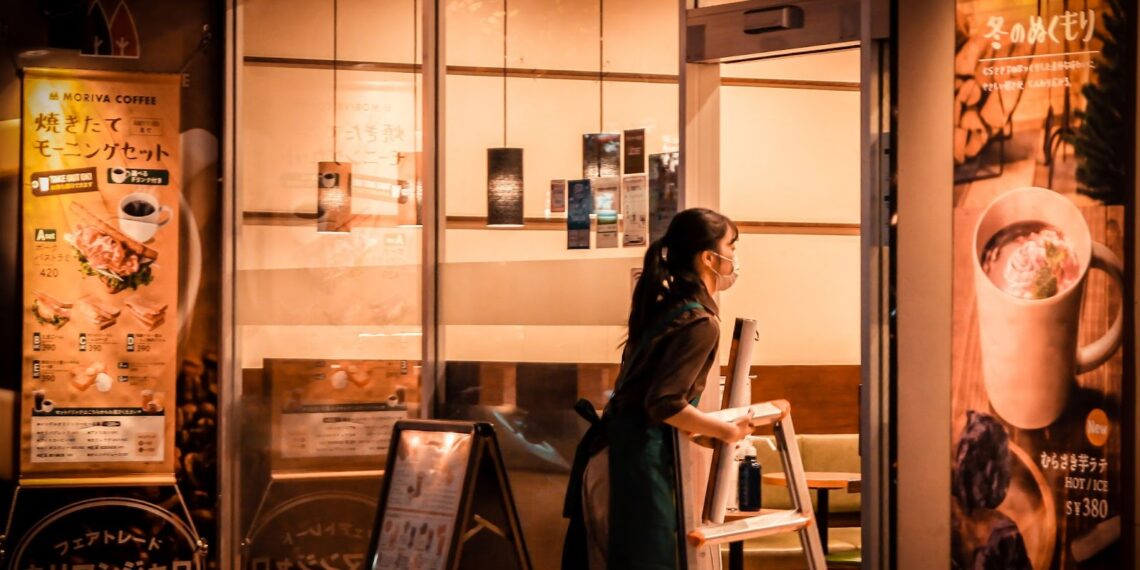Getting a part-time job at university can be tough, but a bartending gig is a perfect way to make some extra cash. You can manage your time and work as much as possible to fit in a day of lectures while making plenty of money, all at the same time! If you’re interested in getting a part-time job at the university as a bartender, especially in Texas, make sure the bar owner has a Texas alcohol license, which allows them to sell and serve drinks. It’s also helpful if you’ve had previous experience working at bars and can show that you’ve learned much from your previous experiences.
You Learn a Lot
Getting a part-time job at university is an excellent way to learn about the bartending industry. It allows you to watch and ask questions of real bartenders, who are usually willing to teach you their craft. In addition, you’ll learn about the legalities of alcohol in your country, how alcohol affects you, and what the safe limits for alcohol are.
You can even visit a course before you start working to receive your certificate and gain valuable experience in the industry. This will help you stand out and make your CV more impressive if you apply.
You Make New Friends
Part-time jobs are a great way to meet new people while studying. In addition, they’re a great opportunity to learn more about your new surroundings, expand your social circle and develop your conversational skills if you’re an international student.
You can start by getting a job as a barback, where you’ll help refill inventory and clean the bar area. This is a great way to get experience, allowing you to eventually work up to being a bartender.
You Get Tips
Getting a part-time job at university is always exciting, especially if you can make some money and keep up with the rent. It can also give you some valuable life skills, like communication. If you need more clarification about the career you want to pursue later in your education, this is a great way to test the waters and see if this is something you might enjoy before making a decision. If you’re lucky enough to have a job at a busy nightclub, you can make up to $1,000 in one evening. You’ll be in a high-pressure environment, so you must be professional and courteous with every customer. This will make you stand out and earn more tips.
You Are Always Being Invited
You can also make a lot of new friends. It’s a great way to meet people from all different backgrounds, especially during Freshers’ Week and your first shifts.
The best part is that it’s a lot of fun and you’ll probably see some of your best friends doing the same. In addition, it’s a good way to learn some new tricks and hone your bartending skills simultaneously. And what’s better, you can do it on your terms!
You Work at Night
Getting a part-time job at university can be tough. With 9 am lectures, cramming for exams, and juggling everything else life throws at you, most students look for jobs that won’t take up too much of their time but pay well enough to make ends meet. Bartending is one of the best part-time jobs for students to consider. You can work in pubs, fancy cocktail bars, private members’ clubs, or even your friends’ houses.
You Mix Your Drinks
Part-time bartending is a fun way to earn money at university. It gives you the experience of working in a different type of business and opens doors to other hospitality jobs. This is especially good if you’re not looking for a full-time job but want to have flexible gigs that fit around your studies.
You can get a bartending license by visiting some courses and receiving a certificate after graduation. These courses will teach you the basics of bartending, pouring drinks, and distinguishing between a margarita and a daiquiri. Mixing drinks is a great opportunity to try new things and make your signature cocktails. It also helps you learn how to juggle multiple tasks and ensure customer satisfaction.
You Score Free Alcohol
Bartending is an incredibly complex industry, so you’ll have to be prepared to learn a lot. This includes knowing the basics like what ‘up,’ ‘dry,’ and ‘on the rocks’ mean, as well as more complicated things such as how many core drink recipes there are, how different alcohols differ in taste, and what types of mixers are available.















